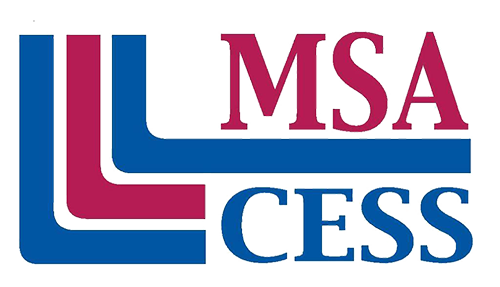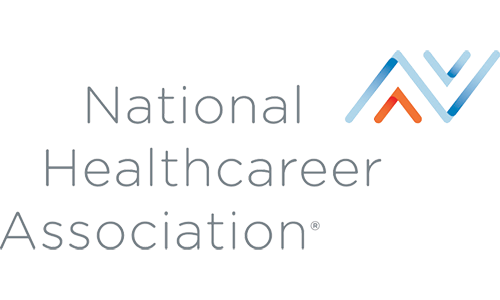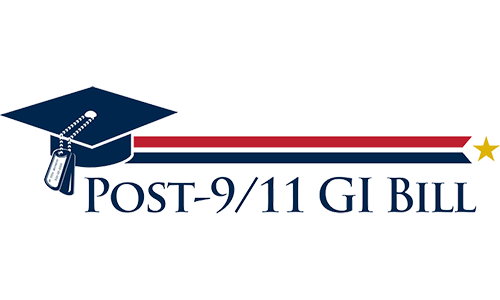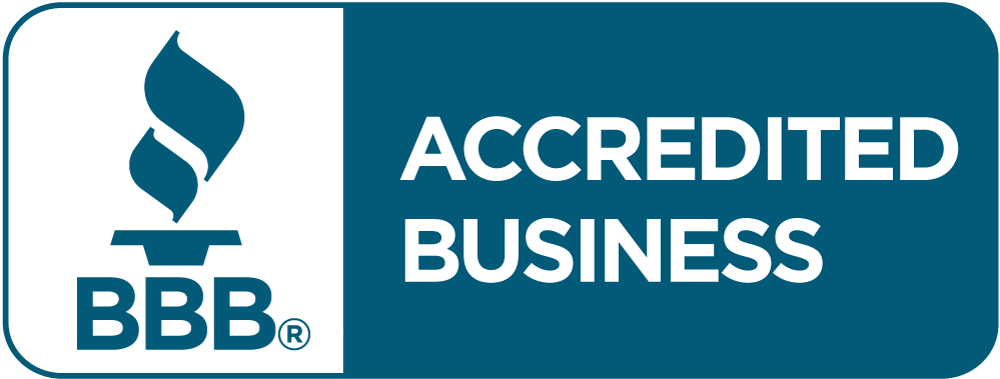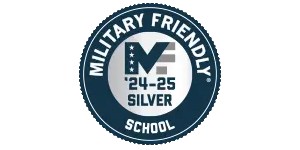In the ever-evolving landscape of modern healthcare, the role of a Medical Assistant has expanded far beyond the traditional boundaries of their profession. Today, Medical Assistants are valued members of the healthcare team, playing a vital role in patient care and administrative tasks. However, to thrive and excel in this dynamic field, Medical Assistants must embrace a concept that has become increasingly important in recent years – cross-training. In this article, we’ll explore why cross-training is not just a buzzword but a crucial element in the career development of Medical Assistants and their effectiveness as integral members of the healthcare team. Discover how the acquisition of diverse skills and the ability to adapt can lead to a rewarding and impactful career in the healthcare industry.
What Is Cross-Training In The Medical Field?
Cross-training in the medical field, particularly for Medical Assistants, refers to the practice of training individuals to perform a variety of tasks and responsibilities beyond their primary role. In the context of Medical Assistants, cross-training involves teaching them additional skills and tasks that may not be part of their core job description but are relevant to the healthcare setting.
Some examples of cross-training for Medical Assistants might include:
- Gaining proficiency in performing specific clinical procedures like phlebotomy (drawing blood), electrocardiography (EKG), Patient Care Technician (PCT) duties, or assisting with minor surgical procedures.
- Training in basic medical laboratory techniques, such as specimen collection and processing.
- Learning to take on administrative tasks such as scheduling appointments, managing patient records, or handling billing and insurance matters.
- Acquiring knowledge of medical coding and billing procedures.
The specific cross-training opportunities for Medical Assistants can vary depending on the healthcare facility, its needs, and the scope of practice permitted by state regulations. It is essential for Medical Assistants to work within their legal scope of practice and under the guidance of licensed healthcare professionals when performing tasks that go beyond their usual responsibilities.
What Are The Benefits of Cross-Training for Medical Assistants?
Cross-training can have several benefits:
- Improved Efficiency: Cross-trained Medical Assistants can fill in for their colleagues during absences or busy periods, ensuring that essential tasks are completed promptly.
- Enhanced Flexibility: Cross-trained Medical Assistants are more versatile and adaptable, making it easier for healthcare facilities to allocate resources efficiently.
- Better Patient Care: With a broader skillset, cross-trained Medical Assistants can assist with various patient care activities, increasing the quality of care provided.
- Career Development: Cross-training can provide Medical Assistants with opportunities for career growth and advancement as they gain additional skills and knowledge.
What Are Some Career Opportunties for Cross Trained Medical Assistants?
Cross-trained Medical Assistants possess a versatile skill set that can open up various career opportunities in different healthcare settings and under various job titles. Here are some career opportunities for cross-trained Medical Assistants:
- Medical Assistant (MA): Cross-trained Medical Assistants can continue working in their traditional role, providing both clinical and administrative support in primary care clinics, hospitals, specialty practices, and other healthcare facilities.
- Patient Care Technician (PCT): Patient care technicians are healthcare professionals who provide direct care to patients in various clinical settings. Cross-trained Medical Assistants can transition into roles as PCTs, where they assist with activities such as taking vital signs, performing basic medical procedures, assisting with activities of daily living, and ensuring patient comfort and safety. PCTs are commonly employed in hospitals, long-term care facilities, and rehabilitation centers, contributing significantly to patient well-being and healthcare delivery.
- Phlebotomist: Medical Assistants skilled in phlebotomy (drawing blood) can work as dedicated phlebotomists in hospitals, diagnostic laboratories, or blood donation centers.
- EKG Technician: Cross-trained Medical Assistants with expertise in electrocardiography can pursue a career as EKG technicians, monitoring and recording cardiac activity.
- Telemedicine Assistant: With the growth of telehealth services, Medical Assistants can support remote patient care by taking on roles as telemedicine assistants, conducting virtual visits, and assisting with remote patient monitoring.
- Medical Office Manager: With their administrative skills, Medical Assistants can advance to become medical office managers or practice administrators, overseeing the smooth functioning of healthcare offices or clinics.
- Health Information Technician: Those with training in medical coding and billing can explore careers as health information technicians, responsible for managing patient records, coding procedures, and ensuring compliance with healthcare regulations.
- Clinical Coordinator: In larger healthcare facilities, Medical Assistants with cross-training experience may take on the role of clinical coordinator, overseeing the daily operations of a clinical department or specialty area.
- Surgical Assistant: Some Medical Assistants undergo additional training and become surgical assistants, assisting surgeons during procedures in operating rooms.
- Urgent Care or Emergency Room Technician: Cross-trained Medical Assistants can work in urgent care centers or emergency rooms, providing immediate care to patients with acute conditions.
- Research Coordinator: In research institutions or clinical trial settings, Medical Assistants may work as research coordinators, assisting with patient recruitment, data collection, and study management.
These career opportunities may vary depending on the specific skills and certifications acquired during cross-training and the regulations governing medical practice in your region. Advancement and specialization can be achieved through further education, certifications, and on-the-job experience.
How Can I Become a Cross-Trained Medical Assistant in NJ?
At ACI Medical & Dental School, conveniently located in Eatontown, NJ, you can become a cross-trained Medical Assistant in as little as four months. You’ll be ready to take on expanded EKG, Phlebotomy, and Patient Care Technician roles. Contact us today to schedule a tour and learn more about our programs.

